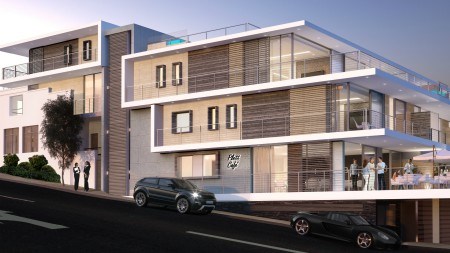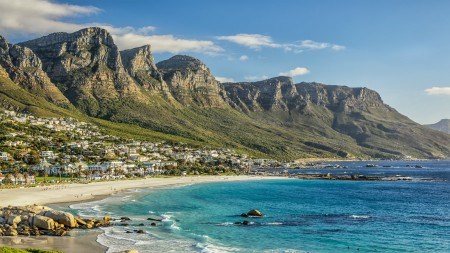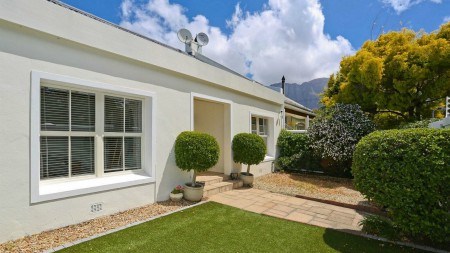In tough economic times, holiday home buying is expected to decrease but this was not the case in 2017.
It has long been a foregone conclusion that towns where markets are driven largely by the demand for holiday homes will always perform below the national average during subdued economic times, but a report released by FNB last month has revealed that this is no longer the case. In fact, many of these towns actually fared surprisingly well last year, even during the last two quarters of 2017 when most markets were at their lowest.
A recent FNB Estate Agent survey found that by the third quarter of 2017 there had been only a slight dip in the estimated holiday home buying percentage from the first quarter, a fact that is corroborated by the Sotheby’s International realty office in Plettenberg Bay which reports an increase in buyer interest from the third quarter and into the new year.
Manager Principal, Steve Neufeld says that after a record 2016, 2017 was their second-best year to date with 2018 already off to a promising start.
“In spite of the weaker economy, there was still a healthy appetite for holidays homes, especially from Johannesburg buyers, and we didn’t notice any drop in these sales.
In many of the coastal towns like Plett and Hermanus, this can partly be attributed to the changing property landscape. Until a few years ago, owning a holiday home in the most popular destinations were largely the domain of the wealthy, but a spurt in development in recent years has seen a supply of more accessibly priced homed enter the market and demand spiral.
“Entry level properties have fared particularly well,” says Neufeld. “Only a couple of years ago you could still find houses below R1,5 million but it’s risen to around R1.8m and it is becoming increasingly difficult to find homes below R2m.”
According to Lightstone, of the 738 sales in Plett during the last 12 months ending February 201, 189 of these were first time home registrations (excluding plots) at the lower end of the market. In Hermanus, there were 36 new registrations, of which 17 were in the price band below R1.5m and18 were in the R1.5m to R3m bracket with just one priced above R3m.
However, repeat sales reflect strongly across all price bands in both towns, partly driven by the ongoing demand for permanent homes which is still being fuelled by semigration in these areas unlike Cape Town where the number of upcountry buyers has dropped considerably. Neufeld says: “The majority ofour out-of-town buyers are still from Johannesburg (around 30%)followed by Cape Town at 15% and Pretoria at 7% with international buyers now accounting for about 9% of these investors. However, as the town grows, so does the percentage of local buyers which increased to 30% in 2017.”
It is said that even the darkest cloud has a silver lining and there are few darker than the fires which devastated the Knysna/Sedgefield region in June last year. But the tragic event also brought the communities together as never before, and it boosted the property market which came to a standstill immediately after the fires, with many fire victims opting to buy a new home rather than rebuild and others snapping up some of the stands which became available.
Sheena Mare, Area Specialist in Knysna and Sedgefield for Lew Geffen, Sotheby’s International Realty says: “What we assumed would be our worst year ever became our best year to date and we are thrilled to see that the fires didn’t deter buyers from other parts of the country from moving to Knysna.
“In 2016, we concluded sales to the value of R150.34m in Sedgefield and R1.163 billion in Knysna and in 2017 this increased to R211.19m and R1.356 billion respectively. We have also seen very healthy price growth in the most sought-after suburbs like Thesen Island, Leisure Isle and Penzula.
Mare adds that George has also become one of the fastest growing and best run towns in South Africa, attracting buyers from around the country.
“I think the Garden Route as a whole has become a destination of choice, especially for retirees and people downsizing. We are also seeing an increase in Capetonians moving to the area for a number of compelling reasons. They get excellent value for money and can buy a lot more house than in Cape Town and many are also escaping the growing traffic congestion which traps commuters in their cars for hours every week.”





